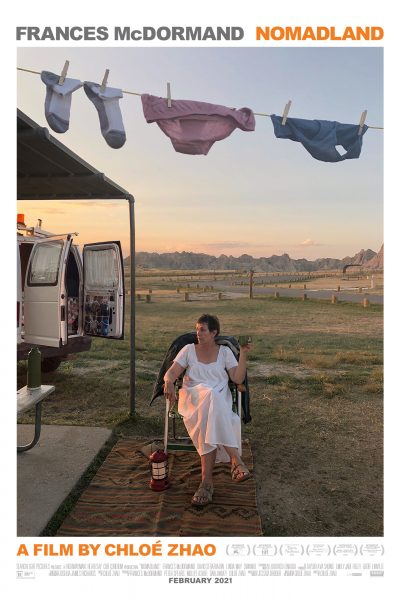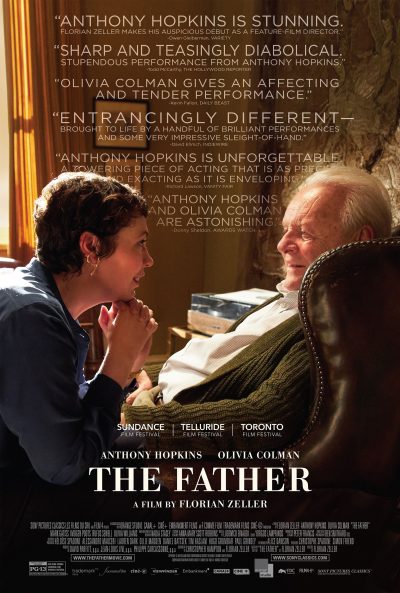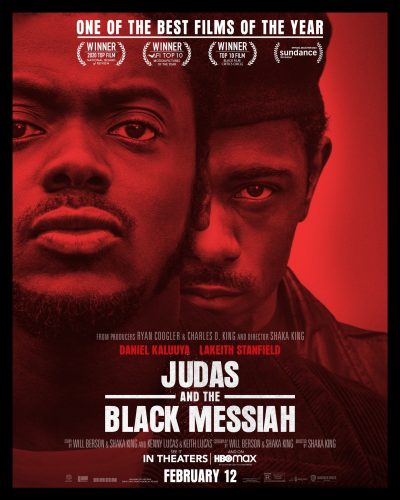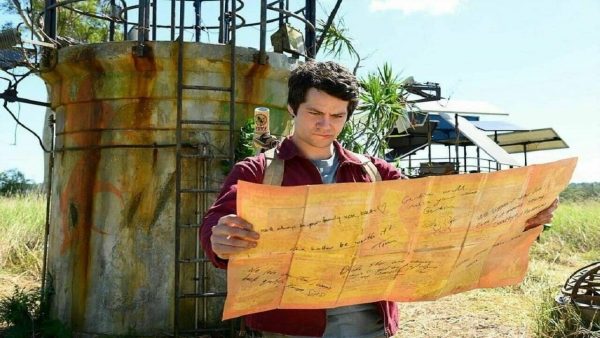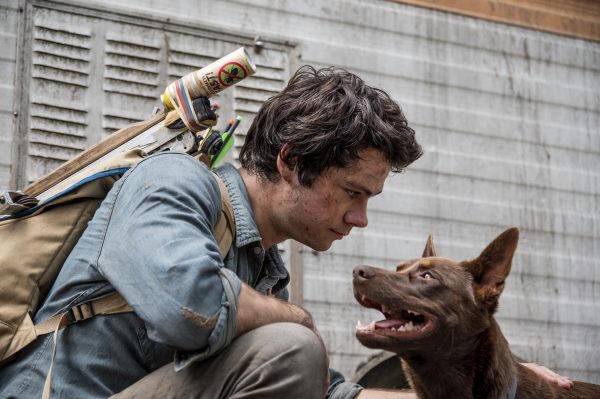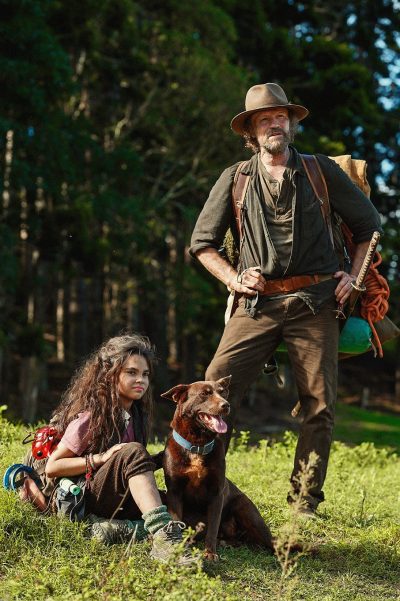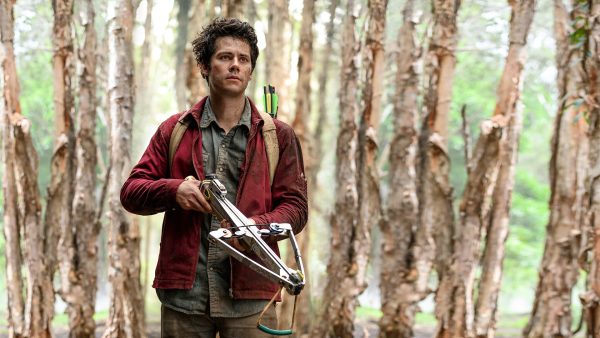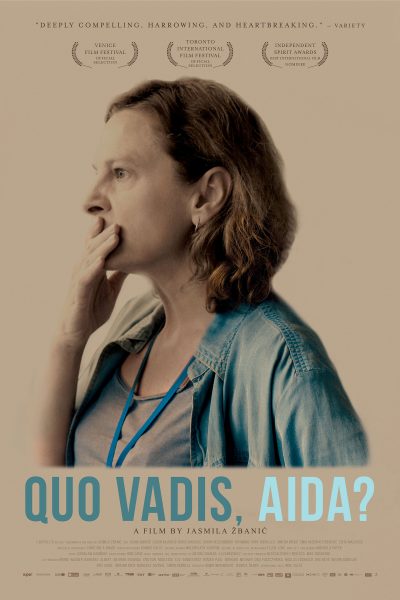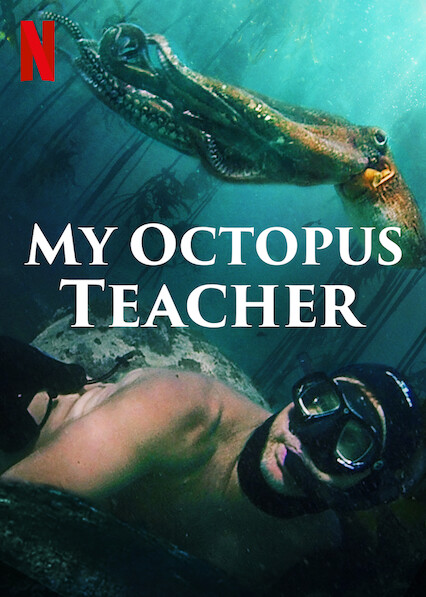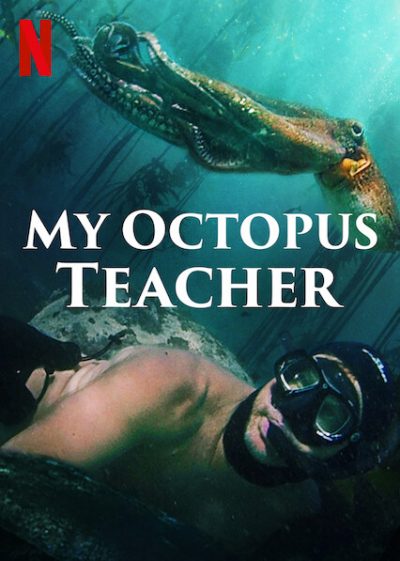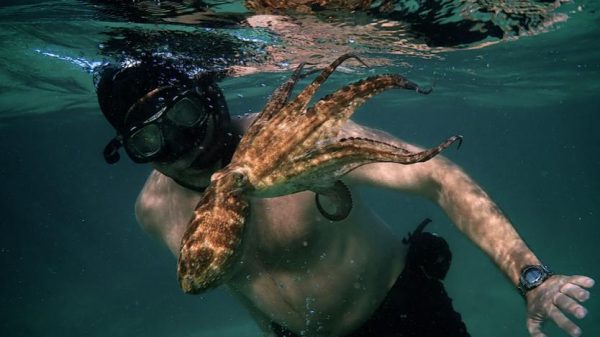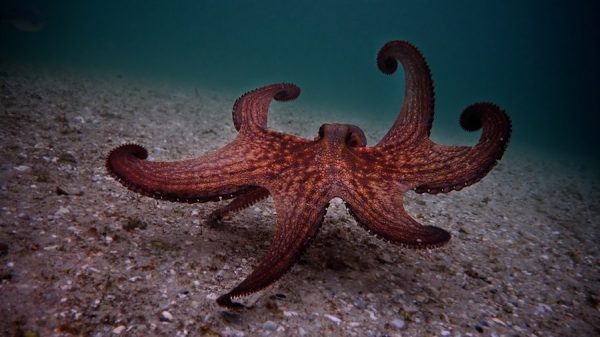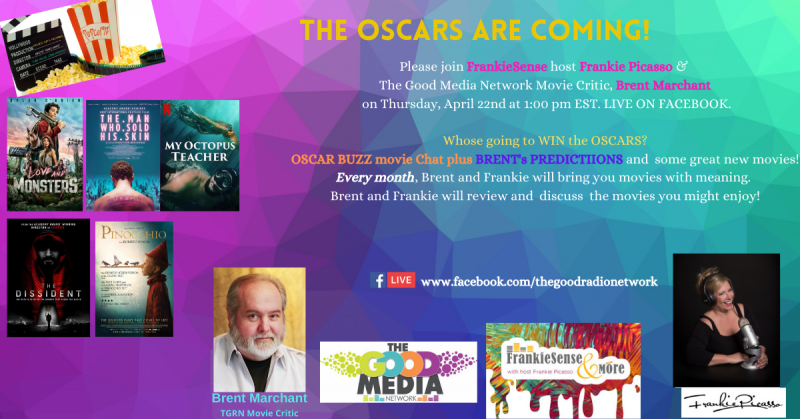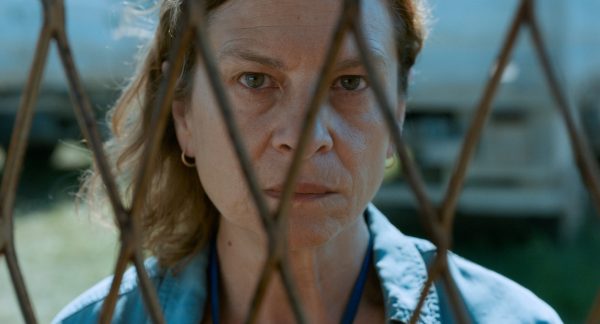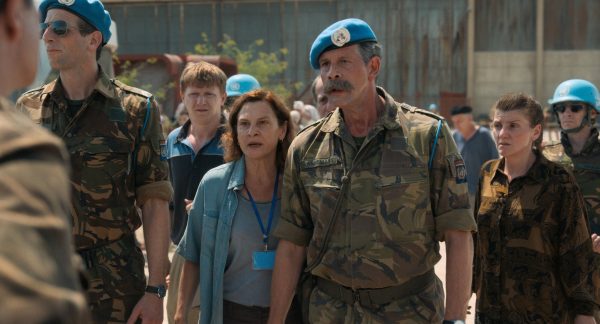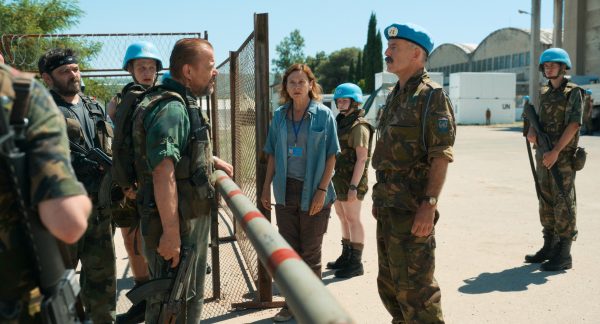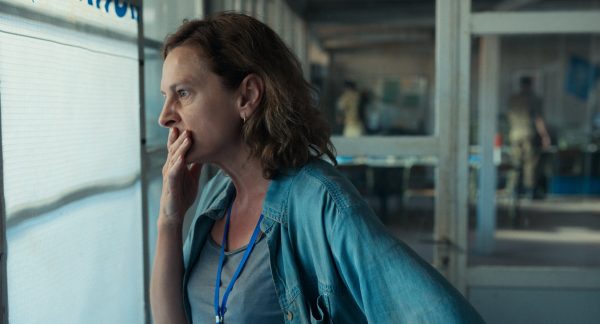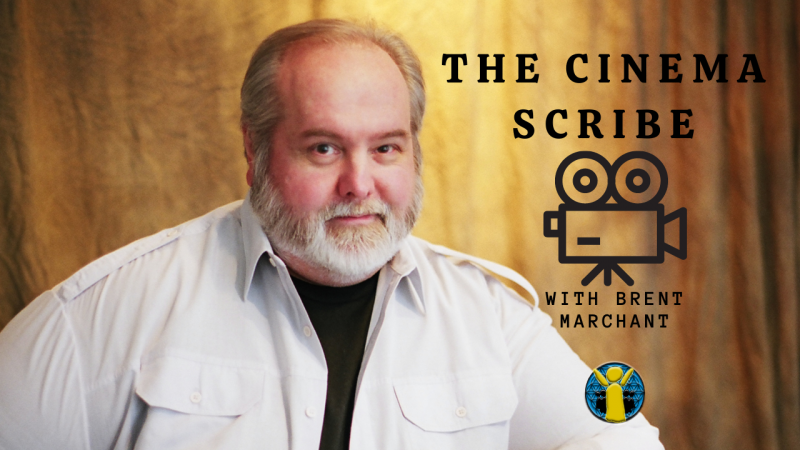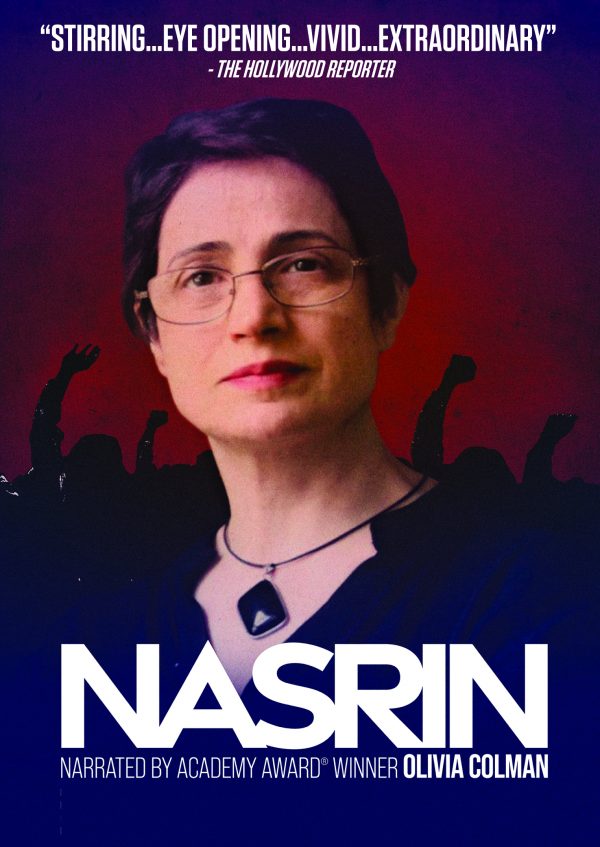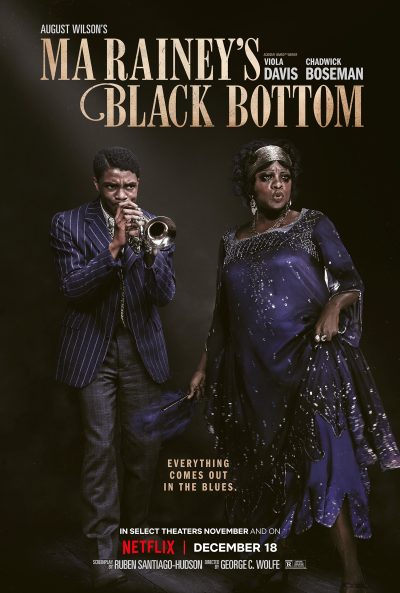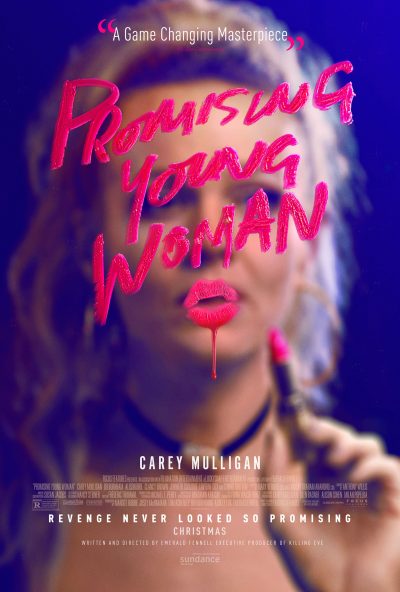“The Man Who Sold His Skin”(2020 production, 2021 release). Cast: Yahya Mahayni, Dea Liane, Koen De Bouw, Monica Bellucci, Saad Lostan, Darina Al Joundi, Jan Dahdoh, Christian Vadim, Marc de Panda, Rupert Wynne-James, Husam Chadat, Najouna Zuhair, Nadim Cheikhrouha, Patrick Albenque, Montassar Alaya. Director: Kaouther Ben Hania. Screenplay: Kaouther Ben Hania. Web site. Trailer.
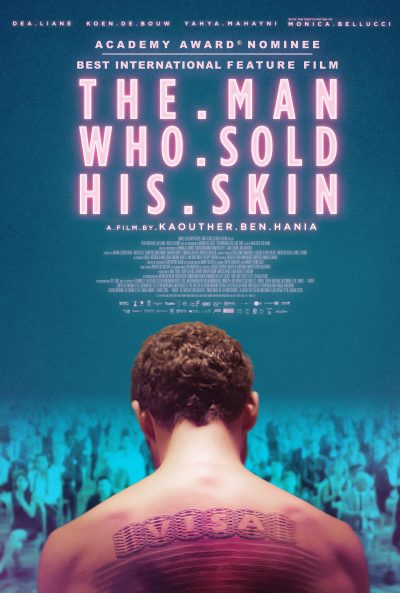
When we seek to fulfill a goal that’s so compelling we can practically taste it, we may be willing to do anything to savor the sweetness of success. Sometimes, though, we might be tempted to go too far, compromising our virtues in questionable and even troubling ways, actions that result in dubious consequences and vexing paradoxes. What are we to do then? That’s the exasperating challenge facing an exile looking to escape his circumstances in the unsettling new social satire, “The Man Who Sold His Skin.”
Sam Ali (Yahya Mahayni) has quite a full plate to handle. The young, working class Syrian is madly in love with Abeer (Dea Liane), a beautiful young woman from a wealthy, upper class family. However, it’s not the kind of relationship that her family envisions for her, so they’ve taken the liberty of recruiting a more “suitable” future husband, Ziad (Saad Lostan), a man she clearly doesn’t love. And, to compound matters, Ziad is in the process of making arrangements to move himself and his bride-to-be to Belgium, away from his wartorn homeland, taking Abeer away from Sam permanently.
During one their clandestine encounters, Sam pleads with Abeer to marry him, despite the circumstances and consequences. His pledge is surprisingly far from discreet, however, pouring out his heart in public and proclaiming his desire for the freedom to wed the love of his life. Unfortunately, his plea for “freedom” is misunderstood, and he’s soon rounded up by authorities as a possible dissident opposing the rigid, autocratic Syrian state.
Fortunately, guardian angels are looking out for Sam’s welfare, and he’s surreptitiously allowed to escape confinement, though it’s up to him to find his own way of staying free. He knows he needs to flee Syria, and, ideally, he would like to find his way to Belgium to somehow rejoin Abeer. To his credit, he manages it to make it as far as Beirut, but he doesn’t picture himself becoming a permanent resident of Lebanon.
For the time being, Sam takes a low-paying job and moves into a small flat with his roommate, Hazem (Jan Dahdoh). And, to keep himself fed, he sneaks into art gallery receptions to partake of the free food and drink. All generally goes well with that until one night when he’s caught crashing the event. Still, despite the infringement and subsequent embarrassment, Sam manages to meet the artist whose works are being featured at the opening, Jeffrey Godefroy (Koen De Bouw), an eccentric, wealthy, somewhat creepy creator of contemporary abstract works who unabashedly compares himself to Mephistopheles.
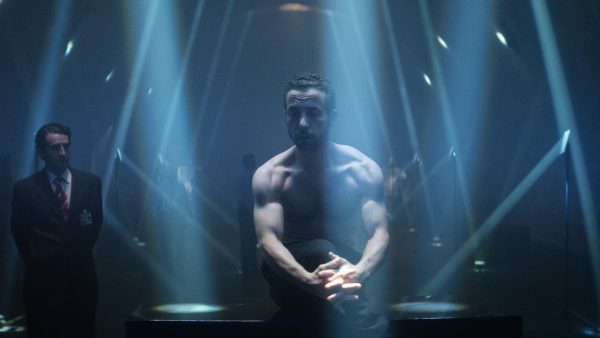
Sam and Jeffrey briefly discuss the evening’s awkward incident and the nature of his art works, but the conversation soon turns to the young refugee’s situation and his hopes of relocating to Europe. Jeffrey says he may be able to help Sam with that, provided he’s willing to agree to his conditions. Intrigued, Sam listens to the artist’s proposal, which involves him becoming a human canvas for a work of tattoo art to be emblazoned on his upper back. In return for access to Sam’s skin, Jeffrey agrees to help his subject relocate to Brussels. He’ll be required to put himself on display for a number of hours every day in Jeffrey’s newest exhibition, which will open soon in Belgium and later in other locations. While Sam is part of this project, Jeffrey will provide him accommodations in one of the finest hotels in Brussels, along with all of the amenities that accompany his stay. And, as the cherry on top of the cake, Sam will once again be close to Abeer, an opportunity to get their relationship back on track, one that he hopes her family will find more suitable now given the income he’ll receive from participating in Jeffrey’s exhibition.
With the basic plan set, Sam meets with Jeffrey’s hyper-efficient handler, Soraya Waldy (Monica Bellucci), who presents him with a contract outlining all of his obligations. Sam begins to suspect that he may be getting himself into an arrangement wrapped up with more strings than he originally realized. In fact, one could say that Sam is on the verge of embarking on a Faustian deal whose implications he has not yet comprehended. But, if this transaction helps him realize his dream of relocating to Europe and reuniting with his beloved, he’s willing to go along with whatever conditions Jeffrey dictates (and that Soraya promises to enforce). Little does he know that he’s in for a rude awakening, one in which he soon finds himself being treated as little more than a commodity. It forces him to ask himself, “Is this any way to live?” And, before long, he faces the prospect that even managing to stay alive might itself prove more onerous than he ever thought when he launched into this questionable venture.
When we have a cherished goal we’d like to see fulfilled, sometimes we’re willing to do virtually anything to make it happen. The passion driving such endeavors can be quite potent – and seductive – almost to the point where we develop tunnel vision about them. Our attention becomes so focused that we can’t see the larger picture. We believe so strongly in the outcomes that the consequences of achieving such results are cast aside with nary a second thought. And that’s important to recognize, because our beliefs, thoughts and intents drive what we experience. Such is the nature of the conscious creation process, the philosophy that maintains we draw upon the power of these resources in manifesting the reality around us.

It should be noted, however, that this is true for better or worse, and, when the practice is employed as described above, the outcome can be fraught with unintended side effects. When we’re so obsessed with realizing a particular result at all costs, we tap into a variant of this philosophy known as un-conscious creation. This all-out exercise in absolutist materialization can indeed yield what we want, but it can also become a tinder box of unforeseen difficulties, some of which can be extremely challenging to rectify. Then what?
As Sam’s odyssey plays out, he begins to see this very scenario unfold. He’s so desperate to leave the Middle East that he’ll do virtually anything to achieve that goal. Given the conditions he’s living under and the objective he’s seeking to fulfill, that position is entirely understandable. And, to his credit, he’s to be commended for devising beliefs that help to, at least superficially, make those eventualities possible. He thus demonstrates a proficiency as a conscious creator that many of us might find enviable.
Nevertheless, despite some of the successes he realizes, he’s soon faced by unforeseen circumstances that raise new issues to be addressed, and that’s attributable to the un-conscious approach he takes to the manifestation process. He may be bewildered by what transpires, but, if he were truly astute about this practice, he’d realize that he is just as responsible for the hiccups he experiences as he is for his triumphs. That’s because those ancillary outcomes arise from his beliefs just as readily as those that resulted in his successes. They’re part of the belief mix that contributes to the overall array of manifestations that emerge.
When this occurs, we naturally might ask ourselves, “How did this happen?” As a general rule, such outcomes arise from beliefs that creep into the implementing mix without our awareness (hence the “un-conscious” element). In Sam’s case, for example, even though he has a strong sense of clarity about what he wants to achieve, coupled with an intense faith that it will result, he’s also stirred into the mix a hefty dose of desperation, a willingness to do whatever it takes to see his results materialize. And, as most of us are aware, desperate people will employ desperate measures to see their objectives come to life. Is it any surprise, then, that his hoped-for outcome is somewhat distorted in its final form?
Had Sam not incorporated desperation into his belief recipe, then he likely would have achieved a different result. That’s where taking stock of the entirety of our intents becomes crucial. When certain beliefs remain undetected below the surface, quietly lurking about in our subconscious mind, they may go unnoticed, but their impact could be significant nonetheless. It thus becomes imperative for us to take all contributing factors into account in our conscious creation efforts.
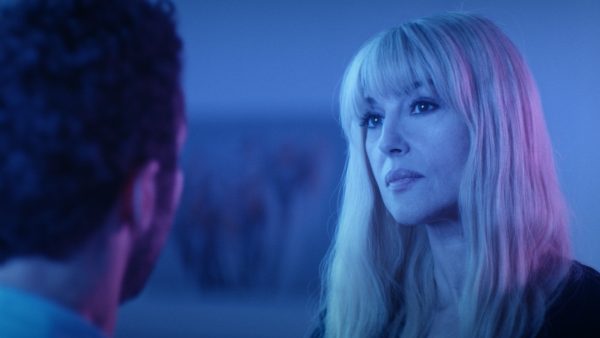
This is especially important when dealing with questionable collaborators like Jeffrey. When one transacts business with someone who freely compares himself to Mephistopheles, it should quickly become apparent that the devil is in the details of such an arrangement – literally. And, in scenarios like this, one can be fairly certain that those looking to assure compliance with the stated terms will come up with the means to make that happen, as evidenced here by Soraya’s ever-diligent presence. Being as specific and thorough as possible in these situations is thus critical to protect our own interests.
Admittedly, the failure to adhere to these self-protective notions could be attributed to an opportunity for learning a valuable life lesson, which could have some valuable merit in itself. However, to avoid unwanted difficulties, it’s best to scrutinize the circumstances as thoroughly as possible to account for all of the beliefs involved in such undertakings and to plan for as many contingencies as can be accommodated. By doing so, the results may end up quite different – and more to one’s liking.
To avoid unintended side effects in our materializations, it helps immensely to get creative in our approaches – overcoming fears that would hold us back, seeking to push limitations that would serve as barriers to our progress and so forth. That can lead to truly inspired manifestations. What’s more, this practice can help to extricate ourselves from particularly troubling situations. For instance, Sam obviously employed inventive measures to get himself out of Syria and to sustain himself while in Beirut, so he obviously has a certain aptitude for this ability. The question is, however, will he be able to do the same when he finds himself caught up in circumstances where the ante has been upped significantly? That’s an ability that will be put to the test once he arrives in Belgium. Will he be able to successfully escape this frying pan without landing in the fire?
A key practice to help minimize the foregoing is to tap into our sense of personal integrity, to be our true, authentic selves. By doing so, we lessen the likelihood of distortions appearing in our beliefs and, subsequently, our manifestations. It helps us avoid having to compromise our principles, reducing the possibility of maddening paradoxes arising in our existence and confounding our efforts to realize the results we seek.
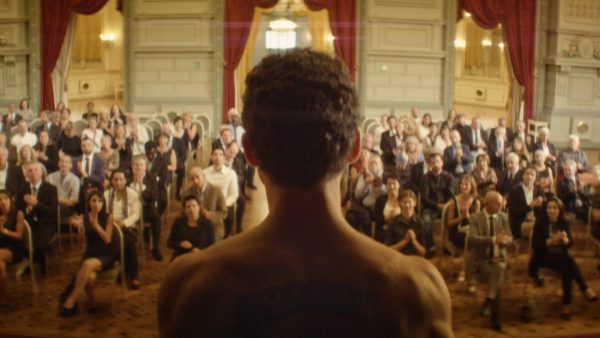
Sam’s failure to do this inevitably leads to the disillusionment he experiences. To be sure, he may have escaped the turmoil he underwent in Syria, but is binding, enforced confinement – even if luxurious – fundamentally any different from the more brutal form he endured back home? Is the price of his freedom truly worth being treated as a commodity that can be bought and sold on the open market? And are his new living arrangements in Brussels genuinely an improvement over the company of the loving family he left behind in Syria, a bittersweet revelation to come out of video phone conversations with his mother (Darina Al Joundi) and sister (Najouna Zuhair)? It might be easy for us to lose sight of the answers to questions like these – and to the integrity that goes into addressing them – when our backs are seemingly against the wall, but we should make every effort to avoid this if we hope to dodge the disappointing and disillusioning outcomes that can arise from our failure to do so.
Chilling, satirical and full of irony, this contemporary drama about compromising our virtues and selling our soul for an illusory sense of freedom only to find ourselves more restrained than ever spins a captivating and thought-provoking tale. Tunisian director Kaouther Ben Hania’s second narrative feature serves up an array of intriguing and incisive insights and observations on a variety of social, political and economic issues, particularly the treatment of individuals more as goods than as living beings. The script’s deft mixture of macabre, witty and profound elements provides an entertaining and engaging combination that will keep viewers glued to the screen right up to its twist-filled conclusion. This multinational production, a well-deserved Oscar nominee for best international feature, is available for streaming online from a variety of outlets.
When we pursue new opportunities in life, are we doing so because we truly want something better, or are we merely attempting to escape our current circumstances? That’s the question we must ask ourselves, and, to attain the results we want, we need to be brutally honest in our answers. If we attempt to fudge matters in ways in which we’re less than truthful with ourselves, we might well end up with disappointing outcomes, ones that may spawn new difficulties that we hadn’t expected and that could potentially be more arduous to resolve than those we started with. If we’re truly to have skin in the game – as Sam does literally in this scenario – we had better know what we’re getting ourselves into before we’re left with a situation that leaves an indelible mark – and for which there’s no adequate resolution.
Copyright © 2021, by Brent Marchant. All rights reserved.

